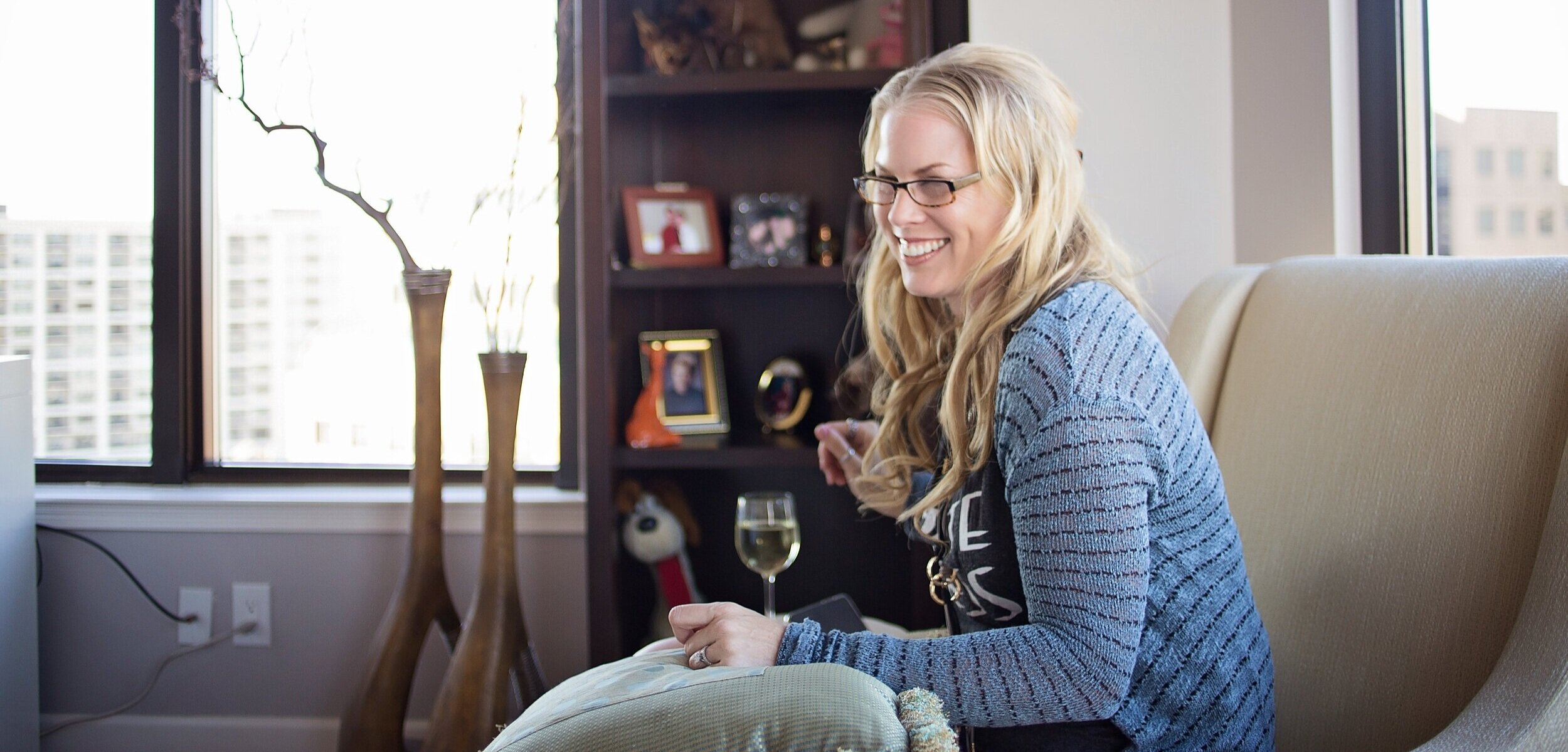Why Will Smith wasn’t removed from the Oscars ceremony: A Theory of Violence
/Imagine if you will: you walk up to someone at work, in front of an entire auditorium full of people, and physically assault them. Then you casually straighten your jacket, stroll back to your seat and are given your industry’s top award minutes later.
Hard to get your head around? You’re not the only one. Cue the recent Oscars and the Will Smith/Chris Rock situation…
Forget the excuses from producers of “we didn't know it wasn’t a joke” and “we were in a meeting about it when Smith got the Best Actor award.” Here is the truth:
This experience was normal for people who work in the industry, especially with men who are GIANT stars.
We just usually don’t get to see it. We may have heard rumors or hear stories of strife on film sets confirmed years later, but we don’t see it for ourselves.
Why did the Academy not remove Will Smith forcibly after he attacked Chris Rock (Oh, we asked him to leave, they said. REALLY? Pretty please with some sugar on top???!!!)
Why did Mr. Smith get a standing ovation from the audience minutes later? The answer lies in the all-too-commonly toxic place that is a Hollywood television or movie set. People who have worked in Tinseltown will tell you that the egos of the (male, usually) stars on set often translate into verbally abusive (see: Christian Bale, circa 2008 or Tom Hardy, circa 2013 or Brett Ratner or Joss Wheden, even the “be kind” but toxic Ellen show…) and physically violent behaviors. Do the police get called? Of course not. Do they lose their jobs, have to take harassment training, suffer any sort of consequence in their future career? Come on; the stars don’t even get removed from the set, and just move along to the next movie.
What do the non-star people on set do when they are faced with such terrifying abuse? NOTHING. Of course they don’t. They don’t want to lose their jobs, they’re terrified of being attacked themselves, and they know, deep down, that nothing will happen to the “star” if they step in or speak up, much less call the authorities.
The people who were in the Oscar audience, from the actors, producers, directors, to the PAs and gaffers, behind the stage, behind the cameras, etc. have learned this lesson either from trial by fire or by witnessing others’ heads on stakes who might have intervened. As author Wajahatm Ali observed on Twitter, “If you're a big enough star you can slap someone on live TV and casually sit down.”
We got a peak behind the curtain, if you will, and it was ugly.
*(This is not even to mention the sexual abuse inflicted on girls and women by the likes of Weinstein or Polanksi, which is a subject for another post.)








